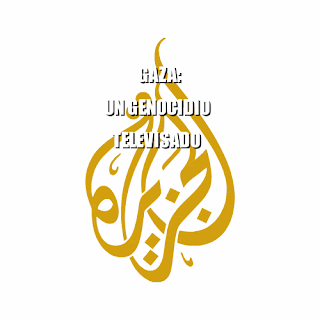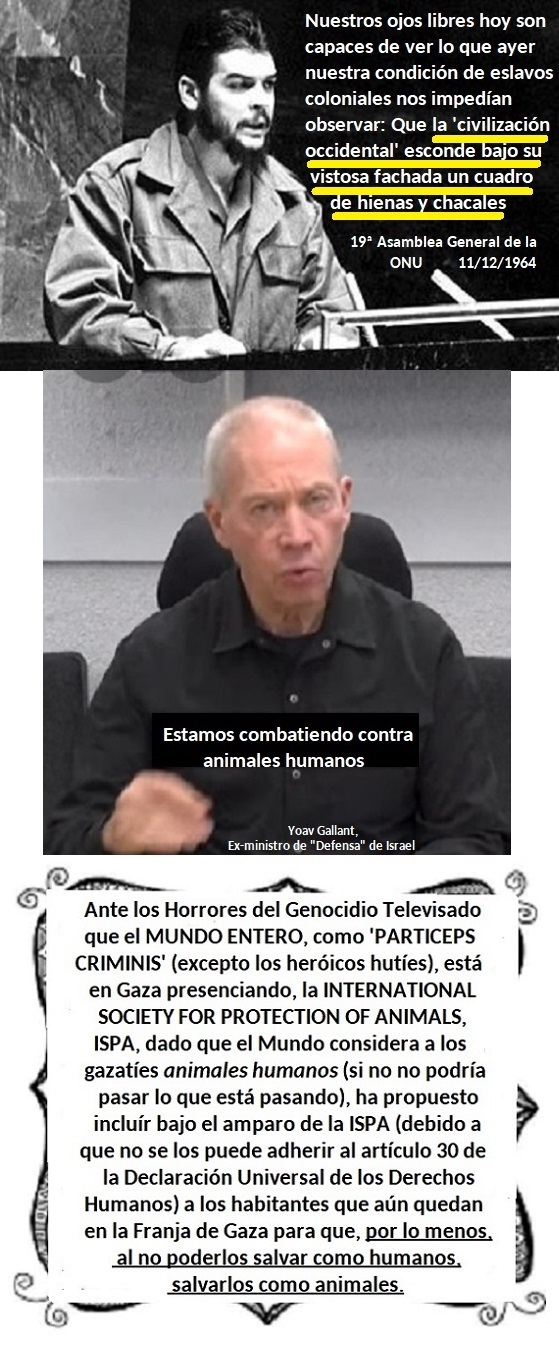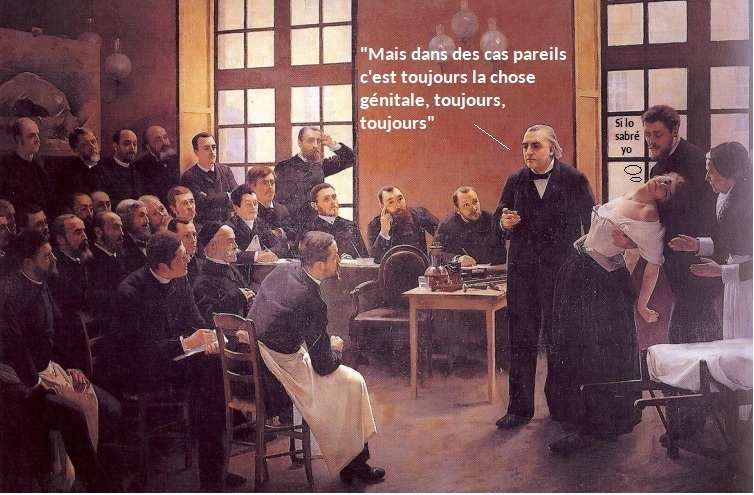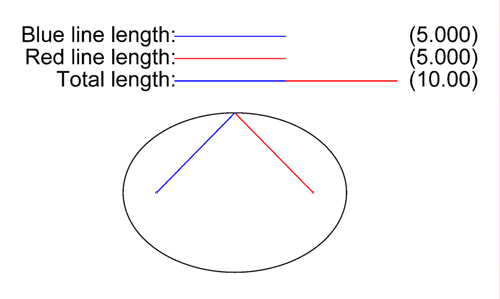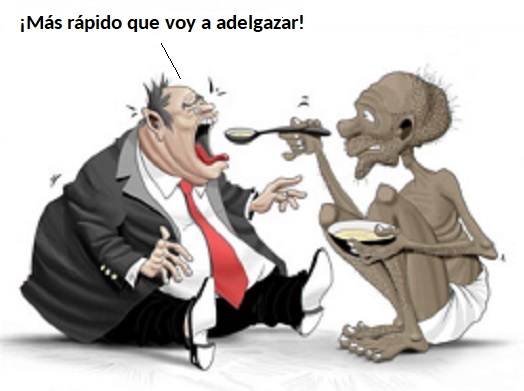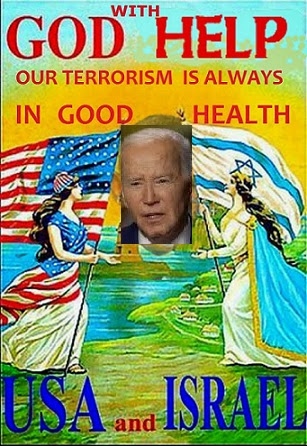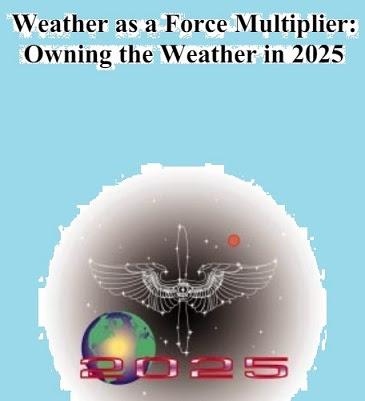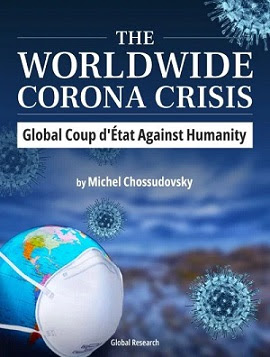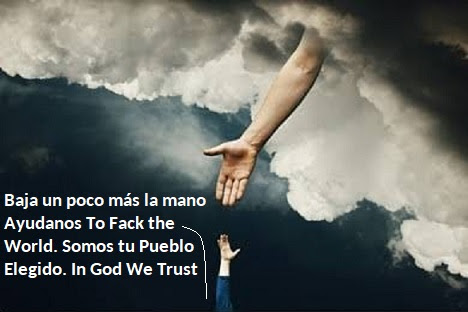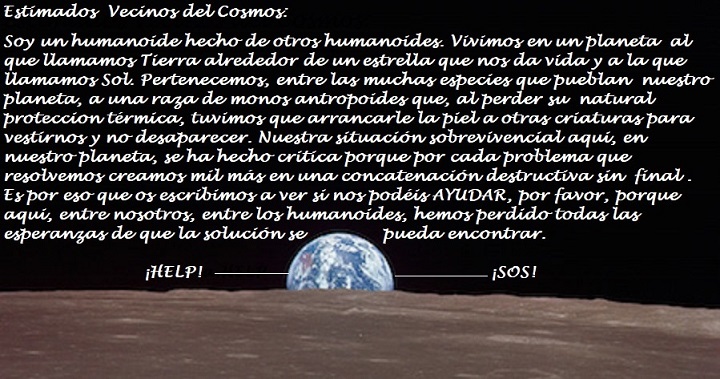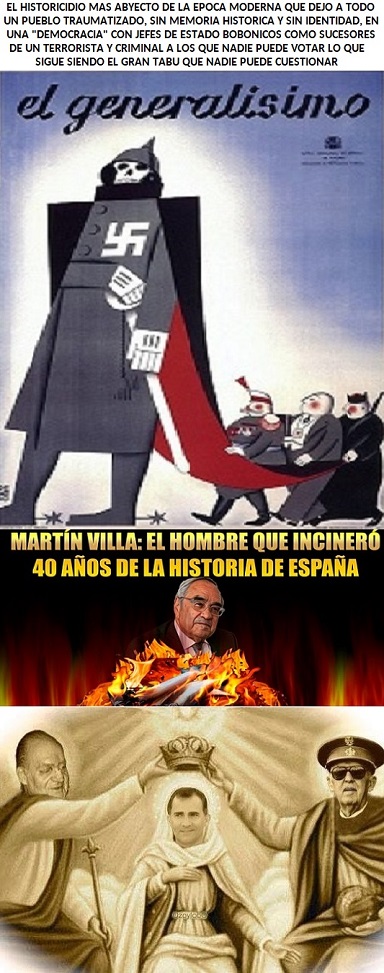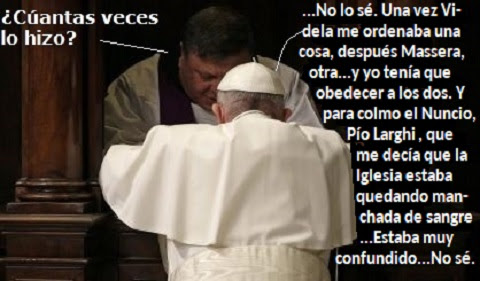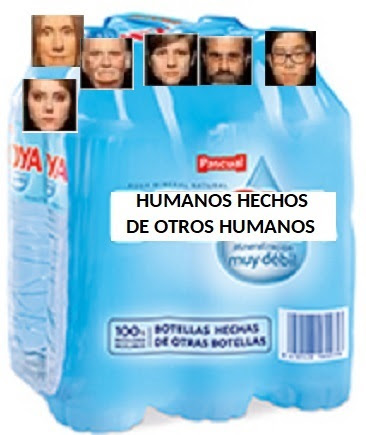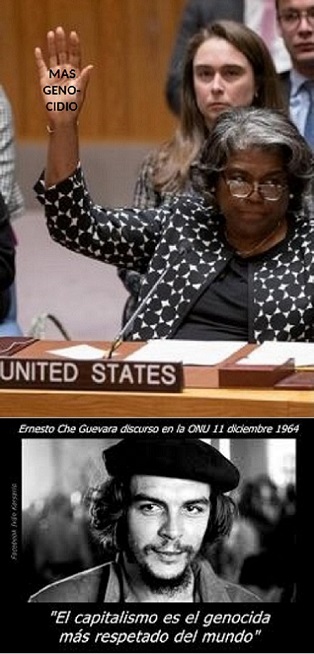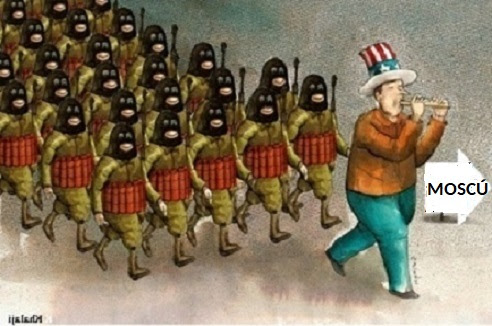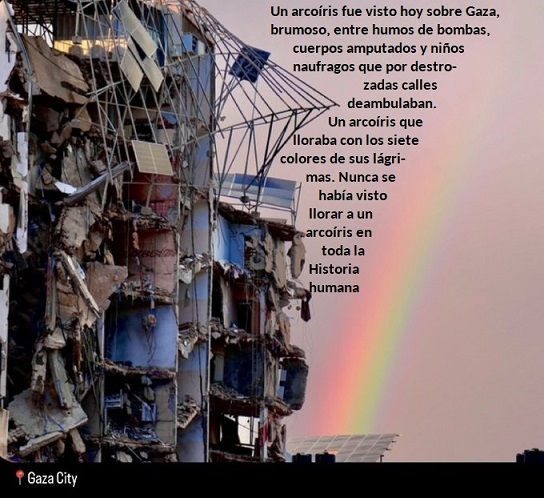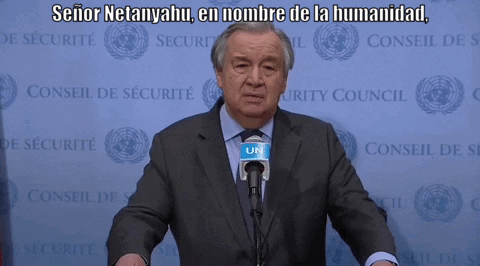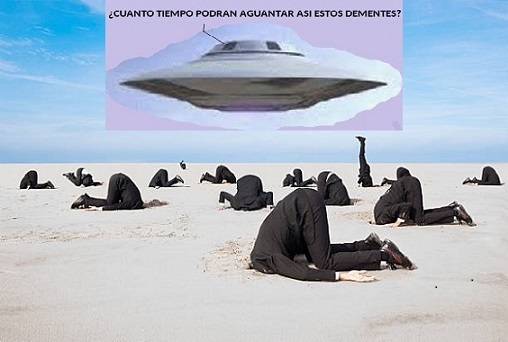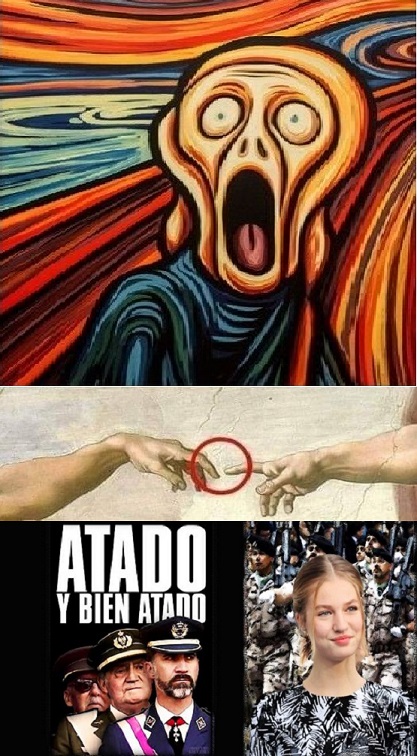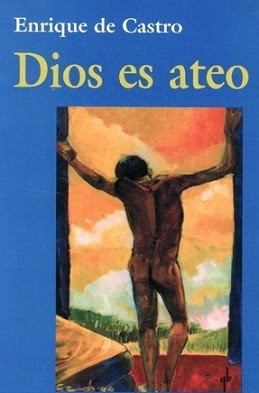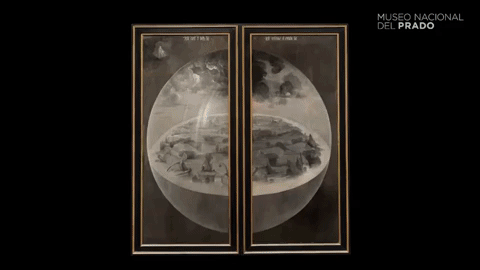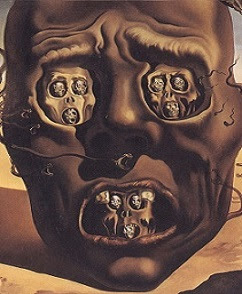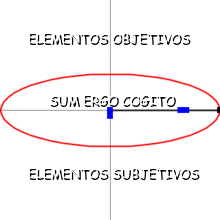| Wilhelm Reich detenido y esposado camino de la carcel en los Estados Unidos. Todos sus libros fueron quemados. Otro Peer Gynt destrozado. Otra "Solveig's Song" que nos arrancaron. |
Chapter I, THE TRAP
" "Man is born free; and everywhere he is in chains. One thinks himself the master of others, and still remains a greater slave than they. How did this change come about? I do not know."
Jean Jacques Rousseau asked this question in the very beginning of his "Social Contract" some two hundred years ago. Unless the answer is found to this basic question, there is little use in setting up new social contracts, There has for many ages been something at work within human society that rendered impotent any and every single attempt to get at the solution of the great riddle, well known to all great leaders of humanity during the past several thousands of years: Man is born free, yet he goes through life as slave.
No answer has been found till now. There must be something at work in human society that obstructs the asking of the correct question to reach the right answer.
All human philosophy is riddled with the nightmare of searching in vain.
Something, well hidden, is at work, that does not permit posing the right question. There is, accordingly, something in operation that continuously and successfully diverts attention from the carefully camouflaged access to where attention should be focused.
The tool used by the well-camouflaged something to divert attention from the cardinal riddle itself, is human evasiveness with regard to living Life. The hidden something is THE EMOTIONAL PLAGUE OF MAN.
On the correct formulation of the riddle will depend the proper focusing of attention, and on this in turn will depend the eventual finding of the correct answer as to how it is possible that man is born free everywhere and yet finds himself in slavery everywhere.
Certainly, social contracts, if honestly designed to maintain life in human society, are crucial tasks. But no kind of social contract will ever solve the problem of human agony. The social contract, at best, is no more than a makeshift to maintain life. It has heretofore not been able to remove the agony of life.
These are the constituents of the great riddle:
--Man is born equal, but he does not grow equal.
--Man has created great teachings, yet each simple teaching has served his oppression. Man is the "Son of God", created in His image; yet man is "sinful", a prey of the "Devil". How can the Devil and Sin be, if God alone is the creator of all being?
--Humanity has failed to answer the question as to how there can be evil if a perfect god has created and governs the world and man.
--Humanity has failed in establishing a moral life in accordance with its creator.
--Humanity has been ravaged by war and murder of all sorts ever since the inception of written history. No attempt to remove this plague has ever succeeded.
--Humanity has developed many kinds of religions. Every single kind of religion turned into another way of suppression and misery. Humanity has devised many systems of thought to cope with Nature. Yet nature, functional and not mechanical, as it really is, has slipped through its fingers.
--Humanity has run after every bit of hope and knowledge. Yet, after three thousand years of search and worry and heartbreak and murder for heresy and persecution of seeming error, it has arrived at little more than a few comforts for a small sector of humanity, at automobiles and airplanes and refrigerators and radios.
After thousands of years of concentration upon the riddle of the nature of man, humanity finds itself exactly where it started: with the confession of utter ignorance. The mother is still helpless in the face of a nightmare which harrasses her child. And the physician is still helpless in the face of such a small thing as a running nose.
It is commonly agreed that science reveals no permanent truth. Newton's mechanical universe does not fit the real universe which is not mechanical but functional. Copernicus' world picture of "perfect" circles is wrong. Kepler's elliptical paths of the planets are nonexistent. Mathematics did not turn out to be what it so confidently promised to be. Space is not empty; and nobody has ever seen atoms or the airgerms of amebas. It is not true that chemistry can approach the problem of living matter, and the hormones xlid not keep their promises either. The repressed unconscious, supposedly the last word in psychology, turns out to be an artifact of a brief period of civilization of a mechano-mystical type. Mind and body, functioning in one and the same organism, are still separated in man's thinking. Perfectly exact physics is not so very exact, just as holy men are not so very holy. Finding more stars or comets or galaxies won't do it. Neither will more mathematical formulas accomplish it.
Philosophizing about the meaning of Life is useless as long as one does not know what Life is. And, since " God " is Life, which is certain, immediate knowledge common to all men, there is little use in searching or serving God if one does not know what one serves.
Everything seems to point to one single fact:
There is something basically and crucially wrong in the whole setup of man's procedure of learning to know himself.
The mechano-rationalistic view has completely broken down. Locke and Hume and Kant and Hegel and Marx and Spencer and Spengler and Freud and all the others were truly great thinkers, but somehow it left the world empty after all and the mass of mankind remained untouched by all the philosophical digging. Modesty in proclaiming truth won't do it, either. It is often no more than a subterfuge for hiding one's evasion of the crucial point.
Aristotle, who governed thinking for many centuries, turned out to be wrong, and little can be done with Plato's or Socrates' wisdom. Epicurus did not succeed and neither did a single saint. The temptation to join the Catholic point of view is great after the deleterious experience of the latest great effort of humanity, made in Russia (despues de que lo expulsaron del partido comunista, Reich se torno contra la Union Sovietica), to come to grips with its fate. The devastating effect of such attempts has revealed itself too drastically. Wherever we turn we find man running around in circles as if trapped and searching the exit in vain and in desperation.
It IS possible to get out of a trap. However, in order to break out of a prison, one first must confess to being in a prison. The trap is man's emotional structure, his character structure.
There is little use in devising systems of thought about the nature of the trap if the only thing to do in order to get out of the trap is to know the trap and to find the exit. Everything else is utterly useless:
--Singing hymns about the suffering in the trap, as the enslaved Negro does;
--or making poems about the beauty of freedom outside of the trap, dreamed of within the trap;
--or promising a life outside the trap after death, as Catholicism promises its congregations;
--or confessing a semper ignorabimus as do the resigned philosophers;
--or building a philosophic system around the despair of life within the trap, as did Schopenhauer;
--or dreaming up a superman who would be so much different from the man in the trap, as Nietzsche did, until, trapped in a lunatic asylum, he wrote, finally, the full truth about himself— too late....
The first thins to do is to find the exit out of the trap.
The nature of the trap has no interest whatsoever beyond this one crucial point:
WHERE IS THE EXIT OUT OF THE TRAP?
One can decorate a trap to make life more comfortable in it. This is done by the Michelangelos and the Shakespeares and the Goethes. One can invent makeshift contraptions to secure longer life in the trap. This is done by the great scientists and physicians, the Meyers and the Pasteurs and the Flemings. One can devise great art in healing broken bones when one falls into the trap. But the crucial point still is and remains: to find the exit out of the trap: WHERE IS THE EXIT INTO THE ENDLESS OPEN SPACE?
The exit remains hidden.
It is the greatest riddle of all.
The most ridiculous as well as tragic thing is this:
THE EXIT IS CLEARLY VISIBLE TO ALL TRAPPED IN THE HOLE. YET NOBODY SEEMS TO SEE IT. EVERYBODY KNOWS WHERE THE EXIT IS. YET NOBODY SEEMS TO MAKE A MOVE TOWARD IT. MORE: WHOEVER MOVES TOWARD THE EXIT, OR WHOEVER POINTS TOWARD IT IS DECLARED CRAZY OR A CRIMINAL OR A SINNER TO BURN IN HELL.
It turns out that the trouble is not with the trap or even with finding the exit. The trouble is within the trapped ones.
All this is, seen from outside the trap, incomprehensible to a simple mind. It is even somehow insane. Why don't they see and move toward the clearly visible exit?
As soon as they get close to the exit they start screaming and run away from it. As soon as anyone among them tries to get out, they kill him. Only a very few slip out of the trap in the dark night when everybody is asleep.
This is the situation in which Jesus Christ finds himself. And this is the behaviour of the victims in the trap when they will kill him.
The functioning of living Life is all around us, within us, in our senses, before our noses, clearly visible in every single animal or tree or flower. We feel it in our bodies and in our blood. Yet it remained for the trapped ones the greatest, most inaccessible riddle of all.
However, Life was not the riddle. The riddle is how it could have remained unsolved for such a long period of time.
The great problem of biogenesis and bio-energetics is easily accessible by direct observation. The great problem of Life and the origin of Life is a psychiatric one; it is a problem of the character structure of Man who succeeded so long in evading its solution.
It is the basic evasion or the essential which is the problem of man.
This evasion and evasiveness is a part of the deep structure of man. The running away from the exit out of the trap is the result of this structure of man.
Man fears and hates the exit from the trap. He guards cruelly against any attempt at finding the exit. This is the great riddle.
All this certainly sounds crazy to the living beings in the trap. It would mean certain death for the speaker of such crazy things if he were within the trap together with them; if he were a member of a scientific academy which spends much tune and money on studying the details of the walls of the trap. Or, if he were a member of a church congregation which prays, in resignation or hope, to get out of the trap. Or if he were the provider for a family whose only concern is not to starve in the trap. Or if he were an employee of an industrial concern which does its best to make life in the trap as comfortable as possible. It would mean death, in one form or another, by ostracism, or by being jailed for the violation of some law..."
::::::::::::::::::::::::::::::::
PD:
¿Que entiende Reich
por THE EMOTIONAL PLAGUE OF MAN?
" The character structure of the modern man, who reproduces a six-thousand-years-old patriarchal authoritarian culture, is typified by charactereological armoring against his inner nature and against the social misery which surround him. This charactereological armoring is the basis of isolation, indigence, craving for authority, fear of responsability, mystic longing, sexual misery, and neurotically impotent rebelliousness, as well as pathological tolerance. Man has alienated himself from, and has grown hostile toward, life. This alienation is not a biological but of socio-economic origin. It is not found in the stages of human history prior to the development of patriarchy " (Prior al desarrollo de la propiedad privada)
( "The Function of the Orgasm",
Wilhelm Reich. Ed.: Farrar, Straus and Giroux.
New York, 1973; pp. 7 - 8 )
http://sisifocansado.blogspot.com/2011/04/wilhelm-reich-trap-man-is-born-free-and.html





























































































































